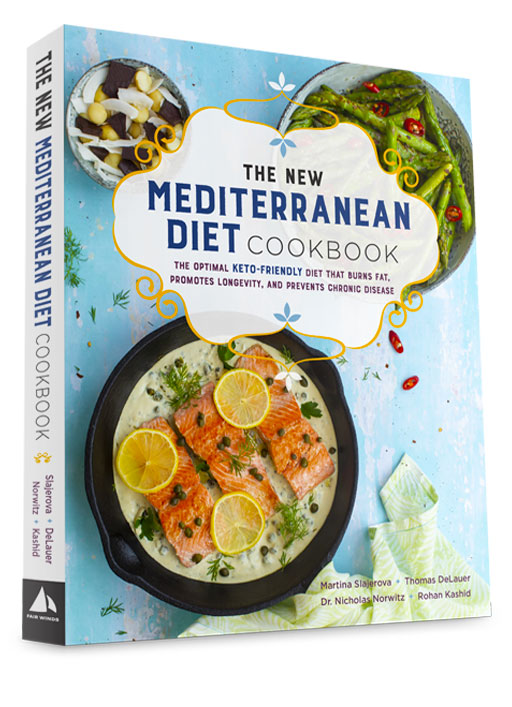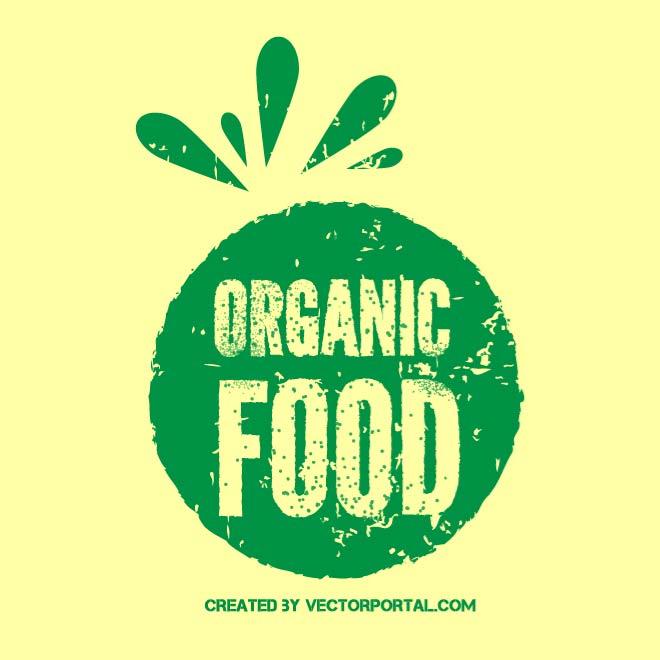Discover the secret recipe to embrace a healthier and more sustainable diet, guiding you on a gastronomic journey that will nourish both your body and our planet. In a world where convenience has become the main course, it’s high time we reinvent the way we nourish ourselves. Join us as we unravel the delicious possibilities that lie within adopting a more wholesome and environmentally friendly approach to food. Bid farewell to blandness and monotony, and let your taste buds dance to the rhythm of a greener plate. Are you ready to embark on a tantalizing adventure where health and sustainability harmoniously unite on your plate? Grab your forks, as we serve you an irresistible buffet of tips, tricks, and delectable recipes that will pave the way towards a healthier, greener tomorrow.
Eating for a Healthier and Greener Lifestyle: Transitioning to Sustainable Food Choices
Eating for a healthier and greener lifestyle is not only beneficial for our well-being, but also for the planet. By transitioning to sustainable food choices, we can reduce our carbon footprint, support local farmers, and contribute to the preservation of biodiversity. Here are a few tips to help you adopt a more sustainable and healthier diet:
- Choose organic: Opt for organic fruits, vegetables, and grains whenever possible. Not only are they free from harmful pesticides and chemicals, but they are also grown using sustainable farming practices.
- Go plant-based: Incorporating more plant-based meals into your diet is not only good for your health, but also for the environment. Consider reducing your consumption of meat and dairy products and substitute them with tasty alternatives like legumes, tofu, and tempeh.
- Shop local: Support local farmers by buying seasonal produce from farmers’ markets and community-supported agriculture (CSA) programs. This not only helps reduce the carbon emissions associated with long-distance transportation, but it also boosts the local economy.
Embrace sustainable seafood: When it comes to fish and other seafood, choose responsibly sourced options that are sustainably harvested. Look for labels such as Marine Stewardship Council (MSC) certification, which ensures the fish has been caught using environmentally friendly methods.
By making conscious choices about the food we consume, we can contribute to a healthier and greener world. Start incorporating these tips into your lifestyle and join the movement towards sustainable and nourishing food choices that benefit both our health and the planet.

– Understanding the Impact: The Significance of a Sustainable and Healthy Diet
Adopter une alimentation plus saine et écologique est devenu essentiel pour notre bien-être personnel ainsi que pour l’avenir de notre planète. Comprendre l’impact d’un régime alimentaire durable et sain est le premier pas vers des choix plus conscients et responsables.
Pourquoi est-il si important de favoriser une alimentation durable ? Tout d’abord, cela aide à réduire notre empreinte carbone. En optant pour des aliments locaux et de saison, nous diminuons la distance de transport nécessaire, contribuant ainsi à la réduction des émissions de gaz à effet de serre. De plus, en privilégiant les produits biologiques, nous soutenons une agriculture qui évite l’utilisation d’engrais et de pesticides nocifs pour l’environnement.
- Choisir des aliments locaux et de saison
- Privilégier les produits biologiques
- Éviter le gaspillage alimentaire
- Pratiquer une consommation responsable de viande et de produits laitiers
- Intégrer davantage d’aliments végétaux dans notre alimentation
En adoptant ces habitudes favorables à une alimentation plus saine et écologique, nous contribuons à la préservation de notre environnement tout en améliorant notre santé. De petits gestes au quotidien peuvent avoir un impact considérable, alors soyons conscients de nos choix alimentaires et agissons en faveur d’un avenir durable.

– Going Organic: Making Informed Food Choices for Personal and Environmental Well-being
Making informed food choices is not only beneficial for our personal well-being but also for the environment. By adopting a healthier and more environmentally friendly diet, we can contribute to the overall improvement of our own health and the sustainability of the planet.
One way to achieve this is by going organic. Organic foods are grown without the use of synthetic pesticides, fertilizers, or genetically modified organisms (GMOs). They are also produced using environmentally-friendly methods that promote soil fertility, conserve water resources, and protect biodiversity. By choosing organic, we can reduce exposure to harmful chemicals and encourage sustainable agricultural practices. Additionally, organic farming methods tend to result in a higher nutritional content in the food we consume.

- From Farm to Table: Prioritizing Local and Seasonal Foods for Sustainable Eating
Eating locally and seasonally not only benefits our health, but also helps us minimize our environmental impact. By choosing foods that are grown and produced closer to home, we reduce the distance they need to travel, cutting down on transportation emissions and supporting local farmers. Additionally, seasonal produce is often fresher and tastier, packed with more nutrients and flavor. So why not make a conscious effort to incorporate more local and seasonal foods into your diet?
Here are some simple steps you can take to adopt a healthier and more sustainable eating habit:
-
Explore your local farmer’s market: Visit your neighborhood farmer’s market to discover a treasure trove of fresh, local produce. Not only can you find delicious fruits and vegetables, but you can also connect with the farmers themselves and learn about their sustainable farming practices.
- Join a community-supported agriculture (CSA) program: By signing up for a CSA program, you can receive a regular supply of locally grown seasonal produce directly from the farm. It’s a great way to support small-scale agriculture and enjoy the freshest ingredients while supporting local farmers.
- Get creative with seasonal recipes: Embrace the flavors of each season by experimenting with new recipes that highlight local and seasonal ingredients. From hearty winter soups to refreshing summer salads, let the natural bounty of your region inspire your culinary creations.

– Promoting Biodiversity: Exploring the Benefits of Plant-Based and Meat-Reduced Diets
In our quest for healthier and more sustainable lifestyles, considering the impact of our diets is crucial. As we dive into exploring the benefits of plant-based and meat-reduced diets, a fascinating world of possibilities unfolds. Not only do such diets contribute to individual well-being, but they also play a vital role in promoting biodiversity and preserving our precious planet.
By embracing plant-based foods and reducing meat consumption, we can actively participate in protecting biodiversity. 1. Emphasizing plant-based ingredients allows us to consume a greater variety of fruits, vegetables, grains, nuts, and seeds, promoting biodiversity in agriculture and supporting a wider array of plant species. 2. Decreasing our reliance on meat reduces the demand for intensive animal farming, which has been linked to deforestation and habitat destruction. This shift towards plant-based and meat-reduced diets helps preserve ecosystems and safeguards the habitats of countless species.
Moreover, transitioning to a more sustainable and diverse diet offers numerous benefits for our health and well-being. 1. Plant-based diets, characterized by their high fiber content and low saturated fat, have been associated with a reduced risk of chronic diseases such as heart disease, obesity, and certain types of cancer. 2. Incorporating a diverse range of plant-based foods provides essential vitamins, minerals, and antioxidants, which support a strong immune system and optimal nutrition.
In conclusion, adopting a healthier and more ecological diet can be a powerful tool in promoting biodiversity and preserving the environment. By embracing plant-based and meat-reduced diets, not only do we nourish our bodies with wholesome foods, but we also contribute to the thriving of our planet’s delicate ecosystem. Let’s explore the vast array of plant-based options available to us and take a step towards a more sustainable future for both ourselves and the environment.
In conclusion, embracing a healthier and more sustainable diet is not just a passing trend, but a conscious lifestyle choice that can reshape our relationship with food and our planet. By adopting a more mindful approach to what we eat, we can nourish our bodies, save precious resources, and contribute to a greener, healthier world.
Remember, the journey towards a healthier and more eco-friendly diet doesn’t have to be overwhelming. It starts with small steps – like reducing our consumption of processed foods, incorporating more plant-based meals, and supporting local and organic farming practices. As we make these changes, not only will we be nurturing our own well-being, but also supporting a more equitable and sustainable food system.
So, let’s embark on this exciting adventure together, embracing the power of our daily food choices. Let’s savor the vibrant flavors of fresh, whole foods and appreciate the nourishment they provide. Let’s cherish our Earth, honoring its bountiful resources by consuming consciously and reducing our carbon footprint.
We owe it to ourselves, future generations, and the planet we call home, to make a positive change. Let’s create a ripple effect that spreads far and wide, inspiring others to adopt a healthier, more eco-conscious way of eating. Together, we can build a future where nutritious, sustainable meals are not just a privilege, but a right for all.
So, let’s unite in this quest for a healthier, greener tomorrow and celebrate the joy of mindful eating. By choosing wholesome, sustainable foods, we can nourish our bodies, protect our environment, and make a profound difference in the world – one bite at a time.




